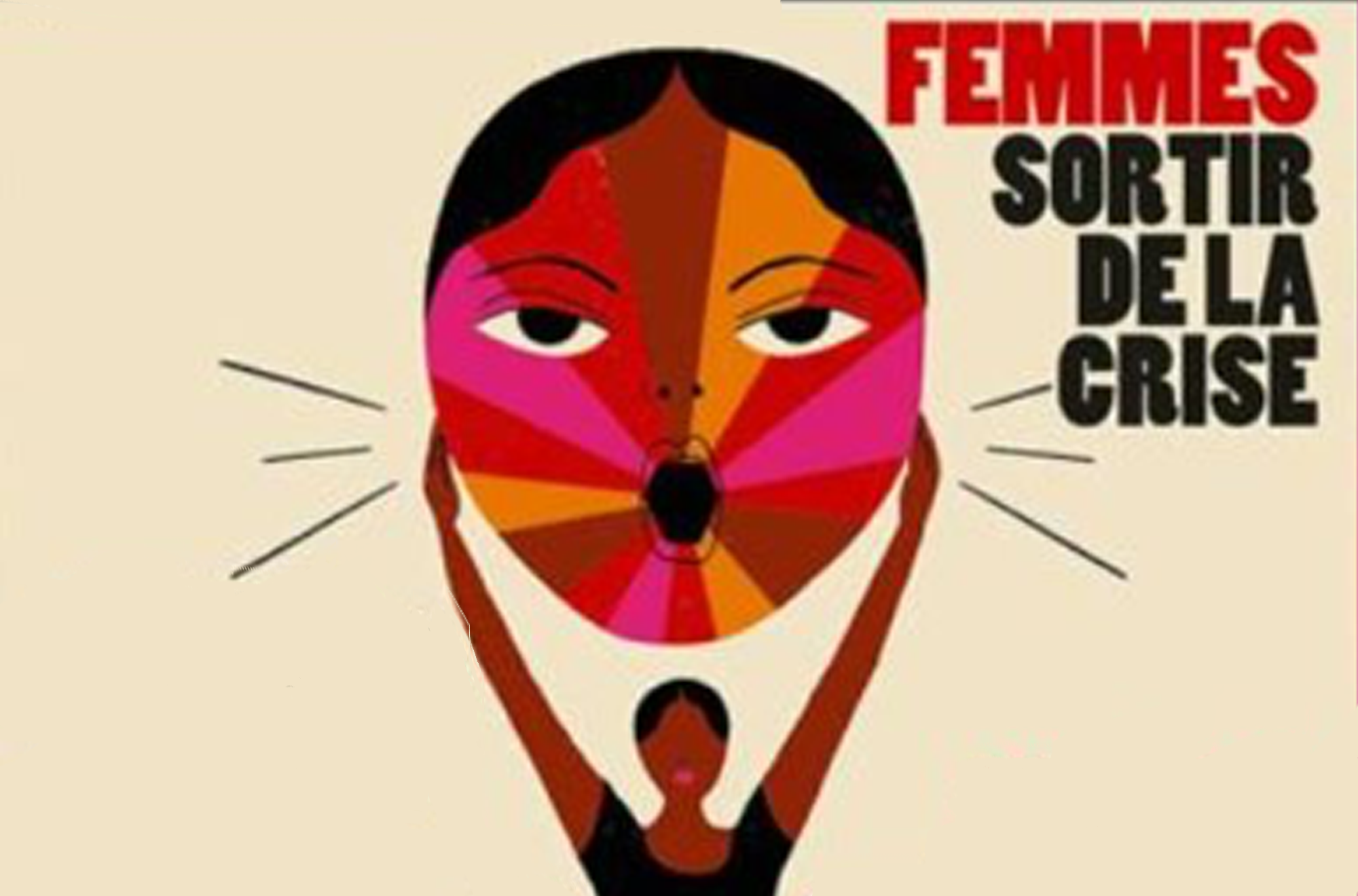
Effects on women of the economic crisis caused by Covid-19
“Two and a half million American women have lost or quit their jobs. This mass exodus of women from the world of work is a national emergency, which requires a national solution.” (US Vice-President Kamla Harris, Washington Post, February 2021)
“The observation is clear: we have taken a big step backwards because of the pandemic, which was only the revealing of a phenomenon that should have jumped out at us’. We are back in the 1980s. In the space of a year, 30 years of progress have been erased, and American women have regained their place… at home.” (Hanna Rosin, US journalist, New York Magazine)
In Algeria, many women have precarious jobs at the best of times, and with jobs such as restaurants and hairdressing and cleaning, many have lost them altogether. Women in positions like these are rarely covered by social insurance funds. (Liberte, by Saïd Oussad, 4 February 2021)
MG has had her life upended by the coronavirus pandemic. In March 2020, just as the number of cases in the Philippines began to grow, she was managing an upscale restaurant in Quezon City that was about to undergo a change of ownership. She had run the restaurant’s day-to-day operations for more than a year and was looking forward to working with its new owners, until they suddenly withdrew their bid to buy the place and she was abruptly let go, along with the rest of the staff. The 54-year-old mother of three has been unable to find work since, which has been devastating for her as a single parent. (SCMP, by Raquel Carvalho, Elyssa Lopez, 12 December 2020)
“According to a recent United Nations report, the Covid-19 crisis is expected to dramatically increase the poverty rate for women. By next year, 47 million more women and girls are expected to fall into extreme poverty (that is, living on less than US$1.90 per day), bringing the global total to 435 million.” According to the same report, it will probably be necessary to wait until 2030 to return to pre-pandemic levels. Those working in the informal sector have been hit especially hard. (South China Morning Post, December 2020)
SOURCE: Courrier International, 24 March 2021 (where all these reports are summarised)



